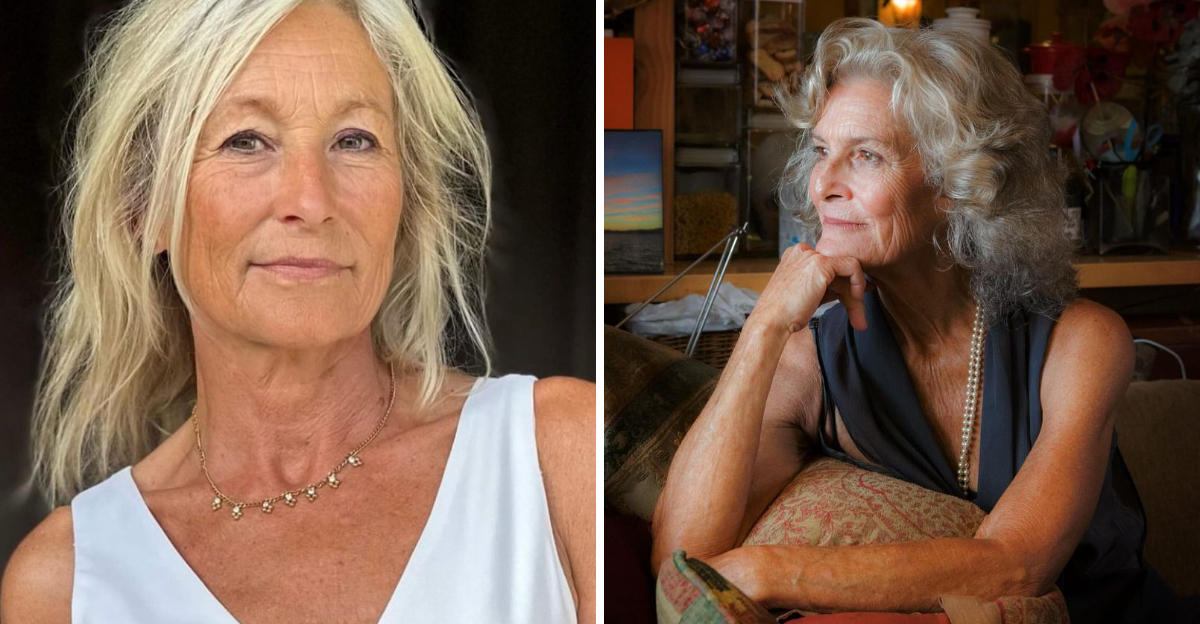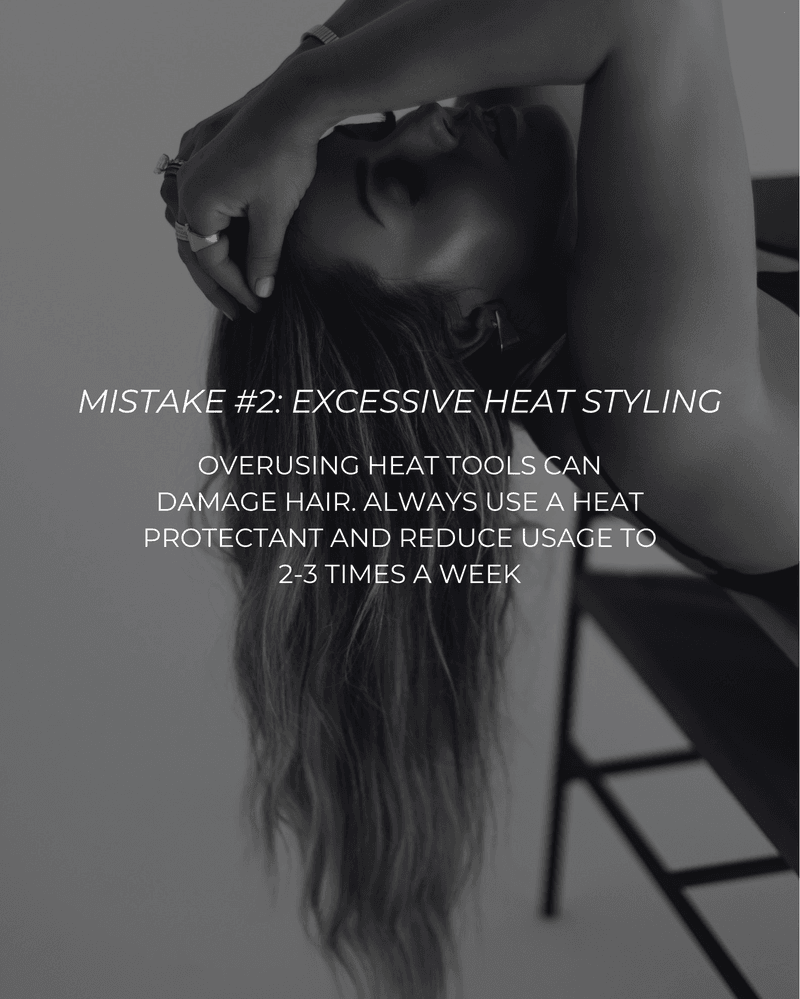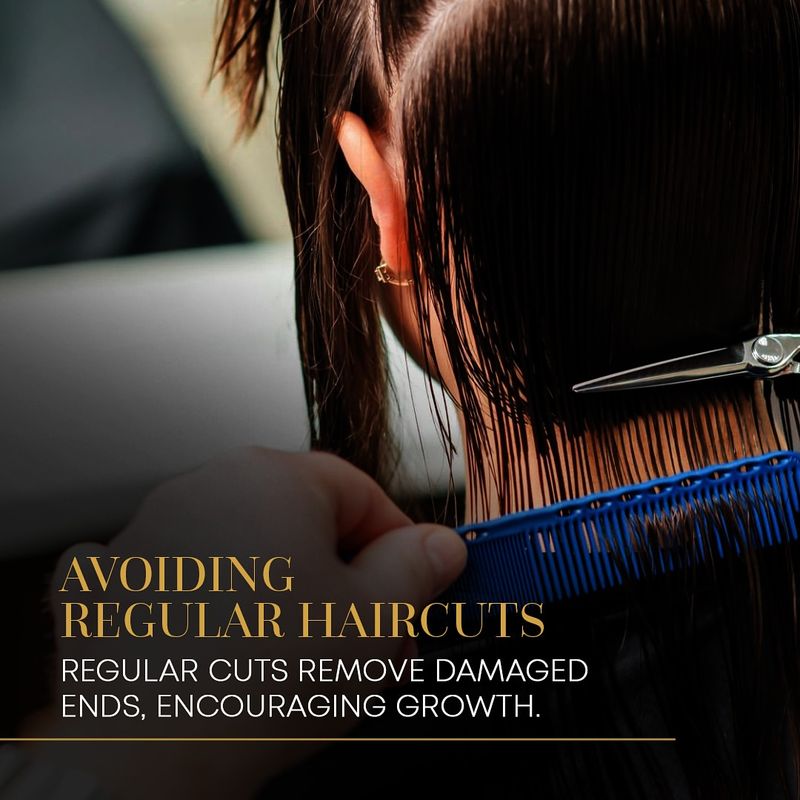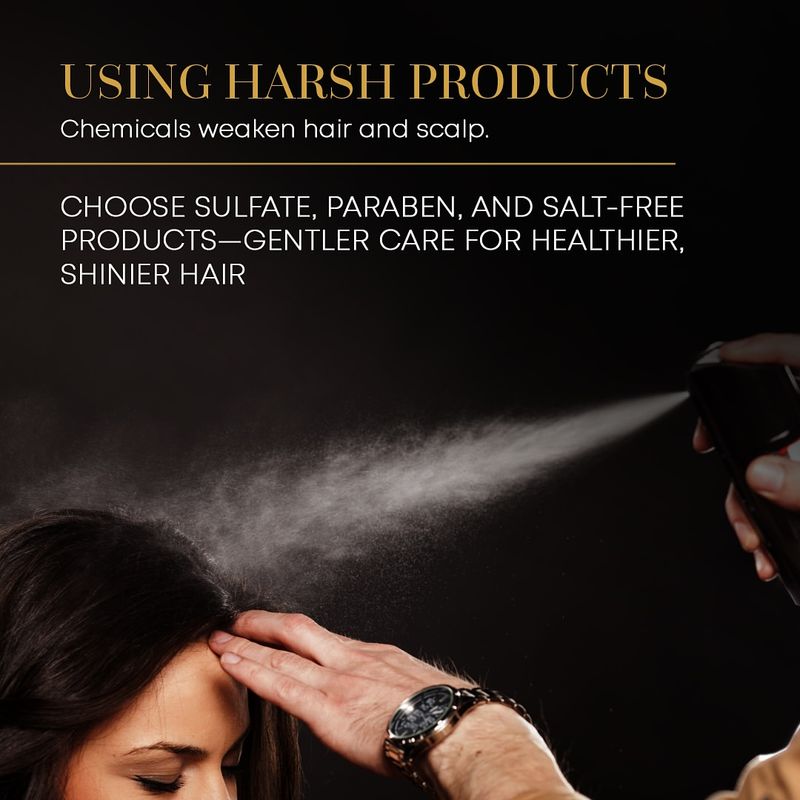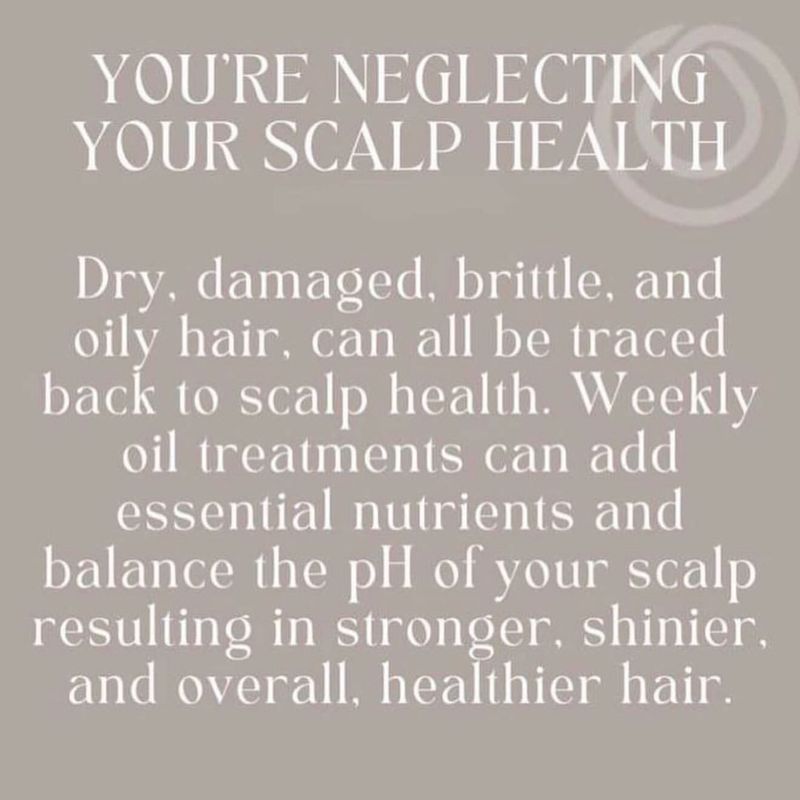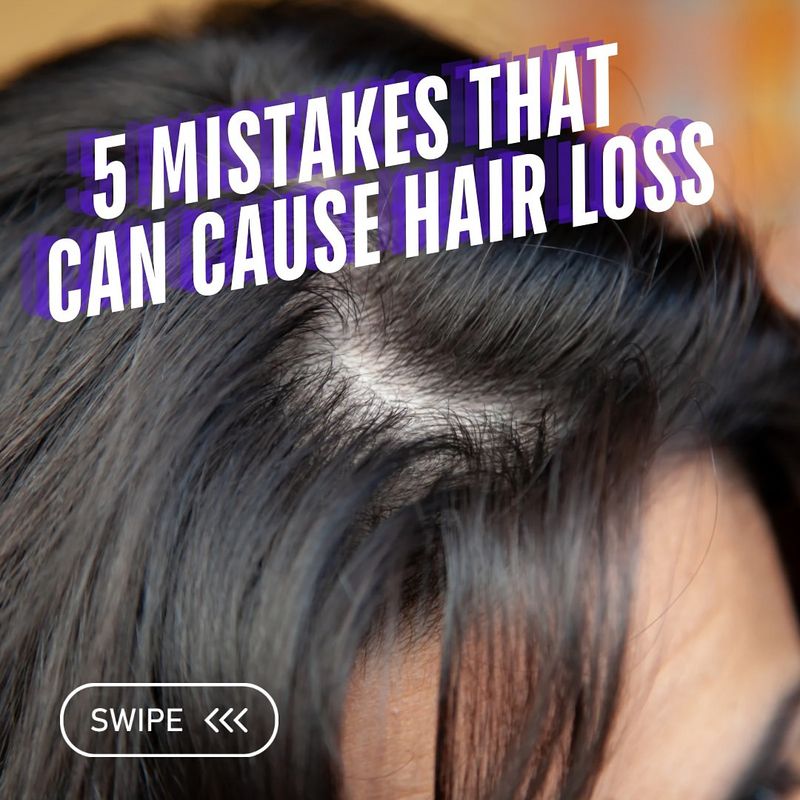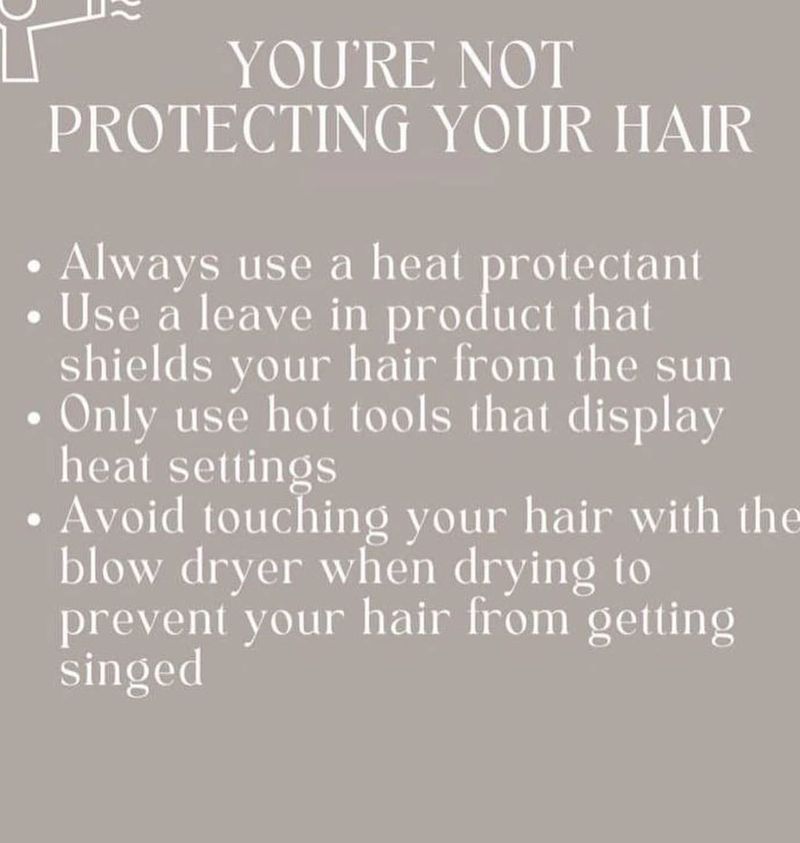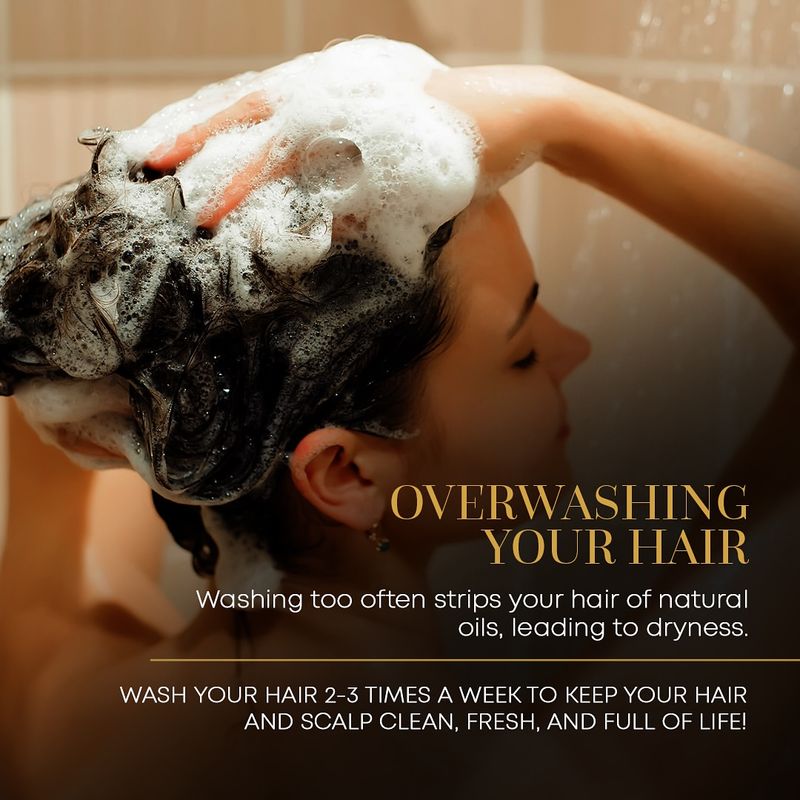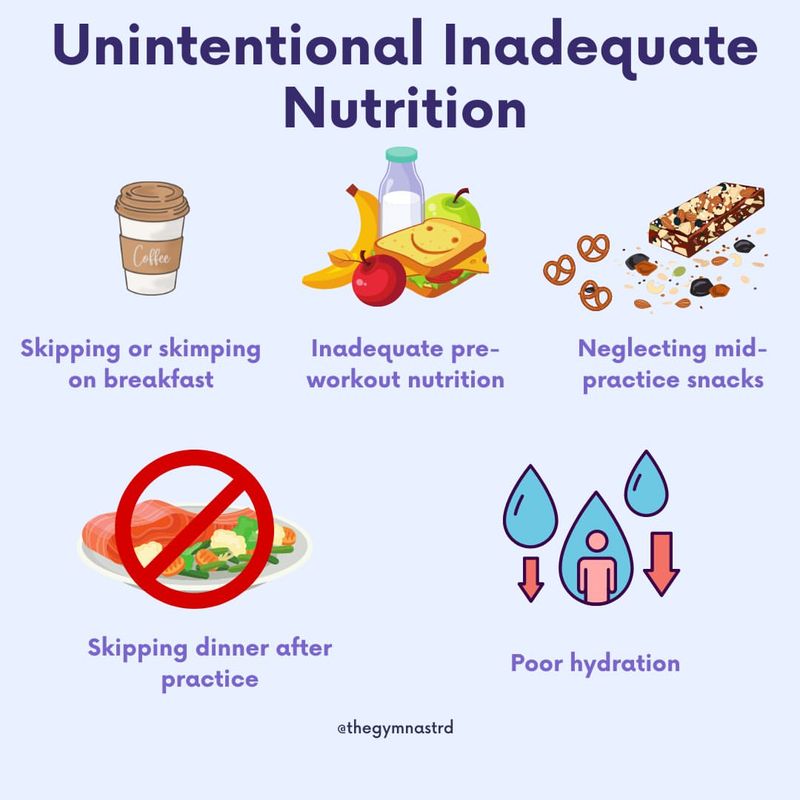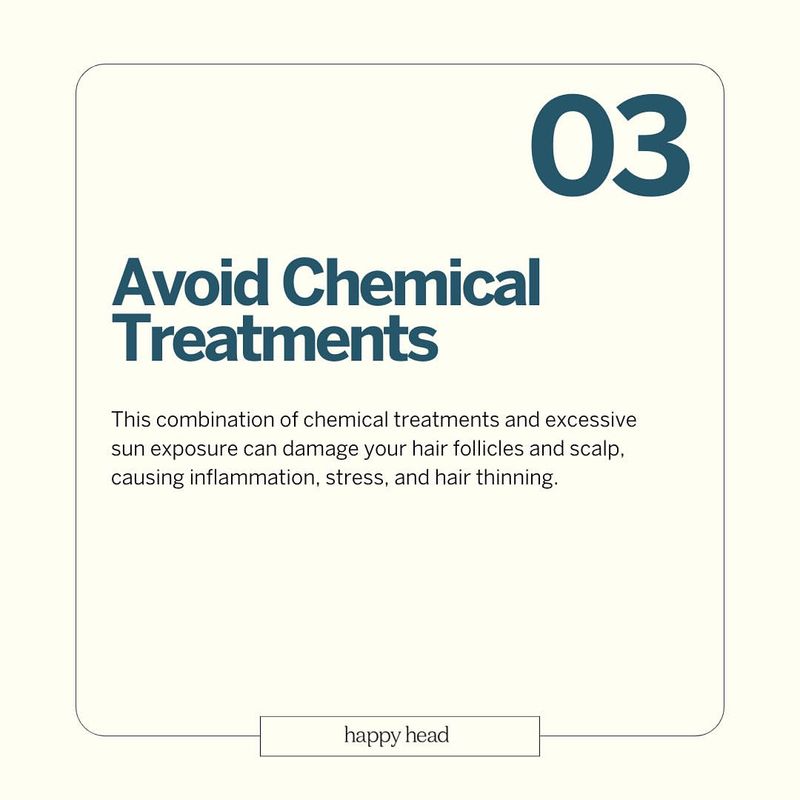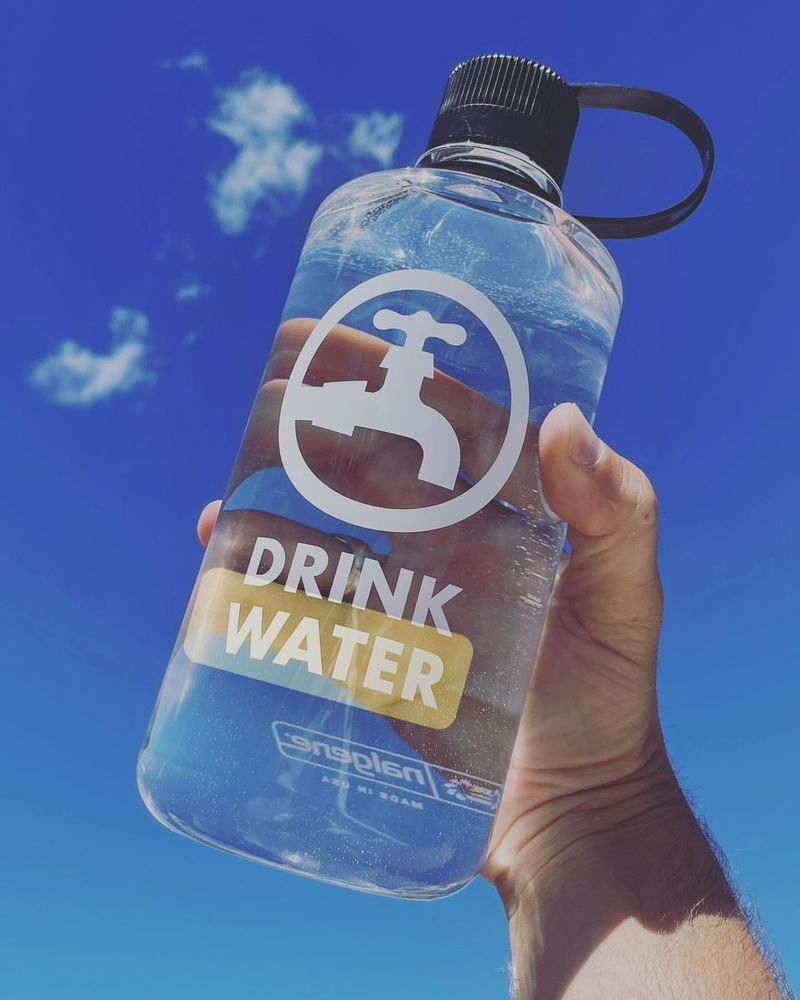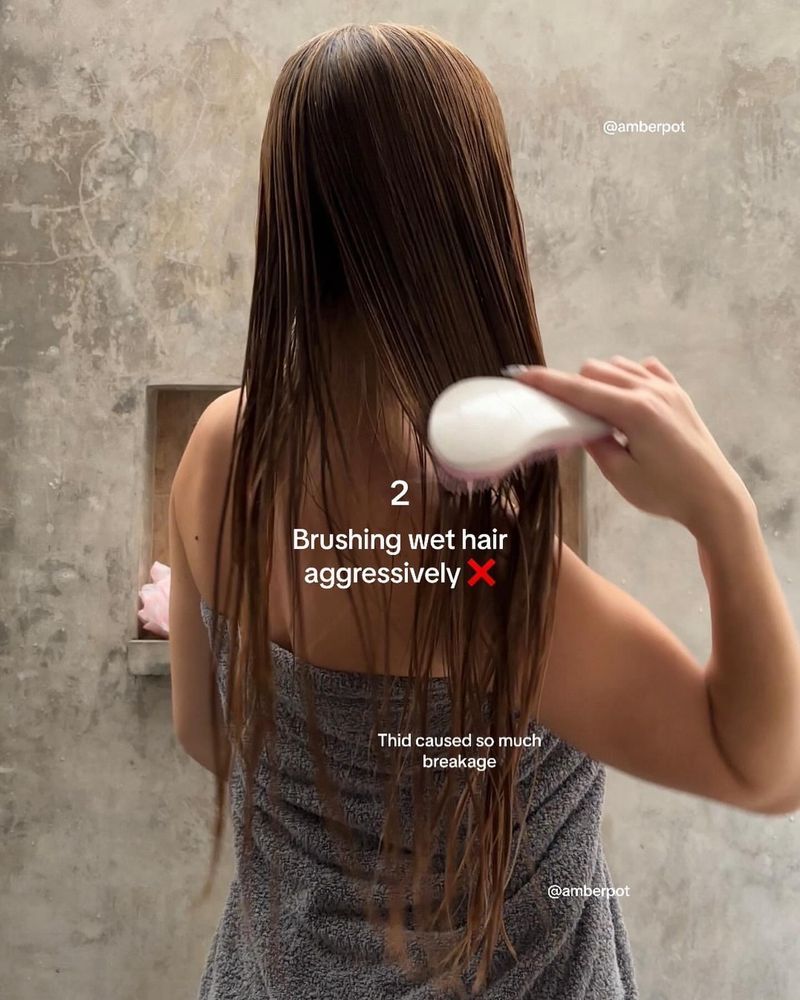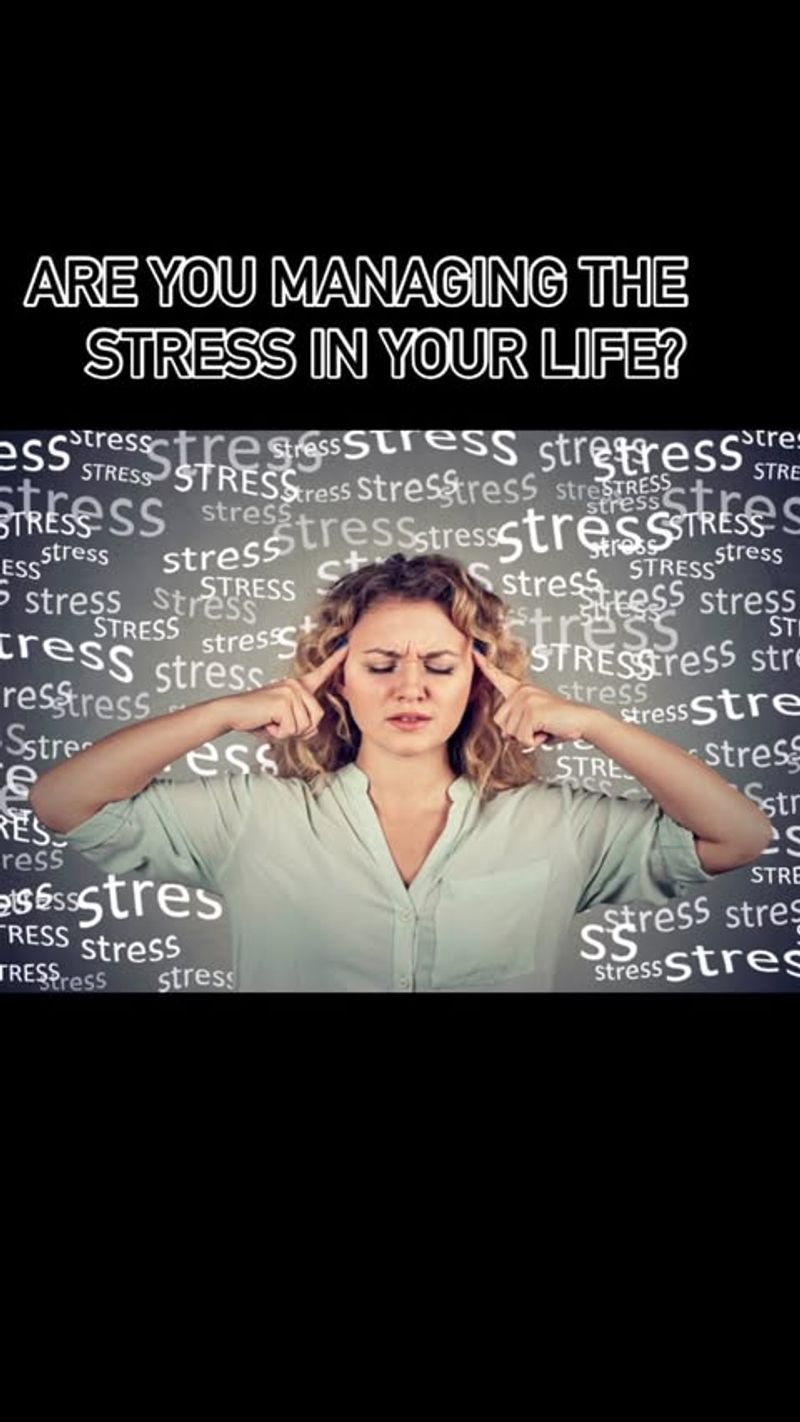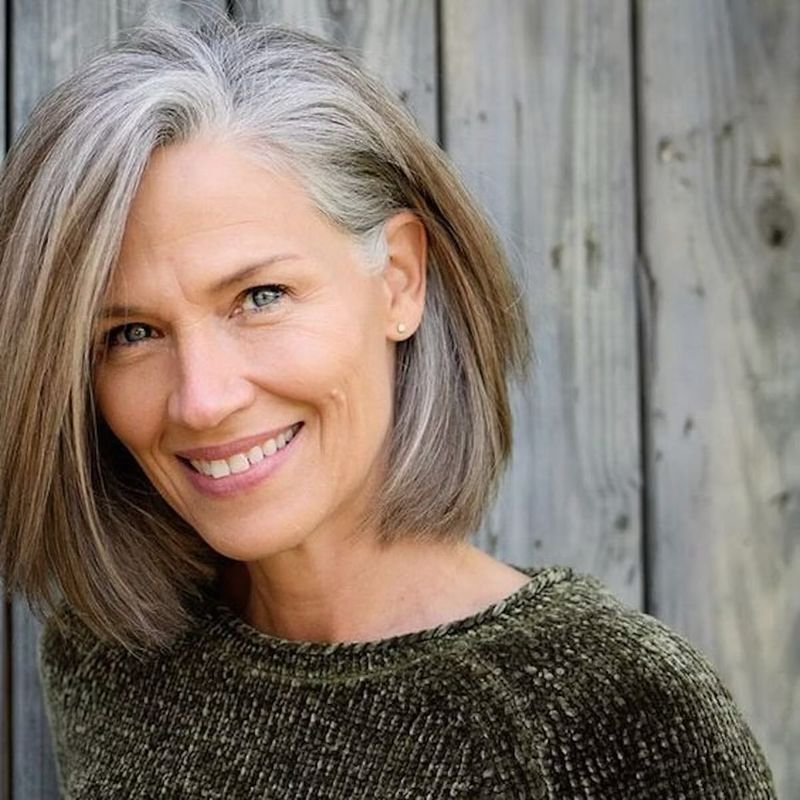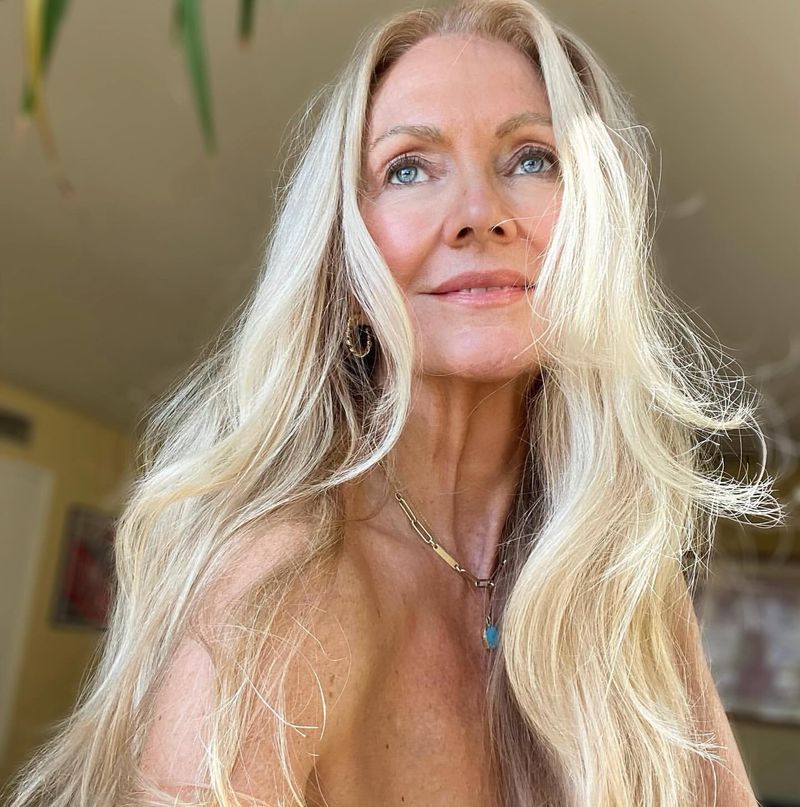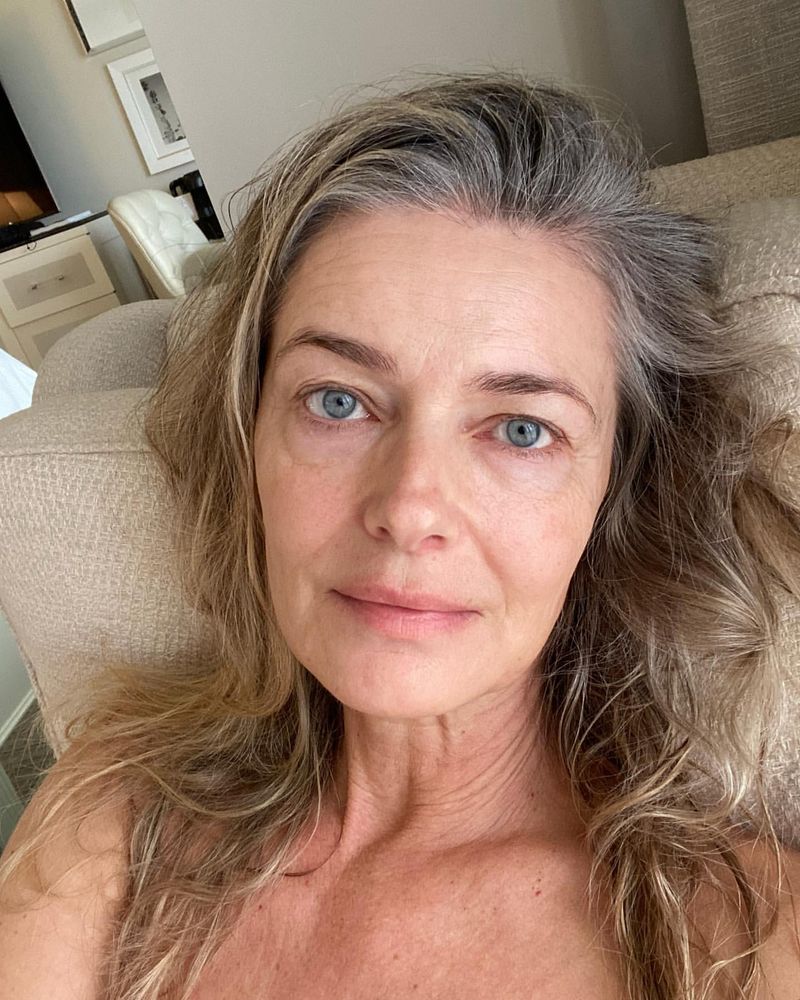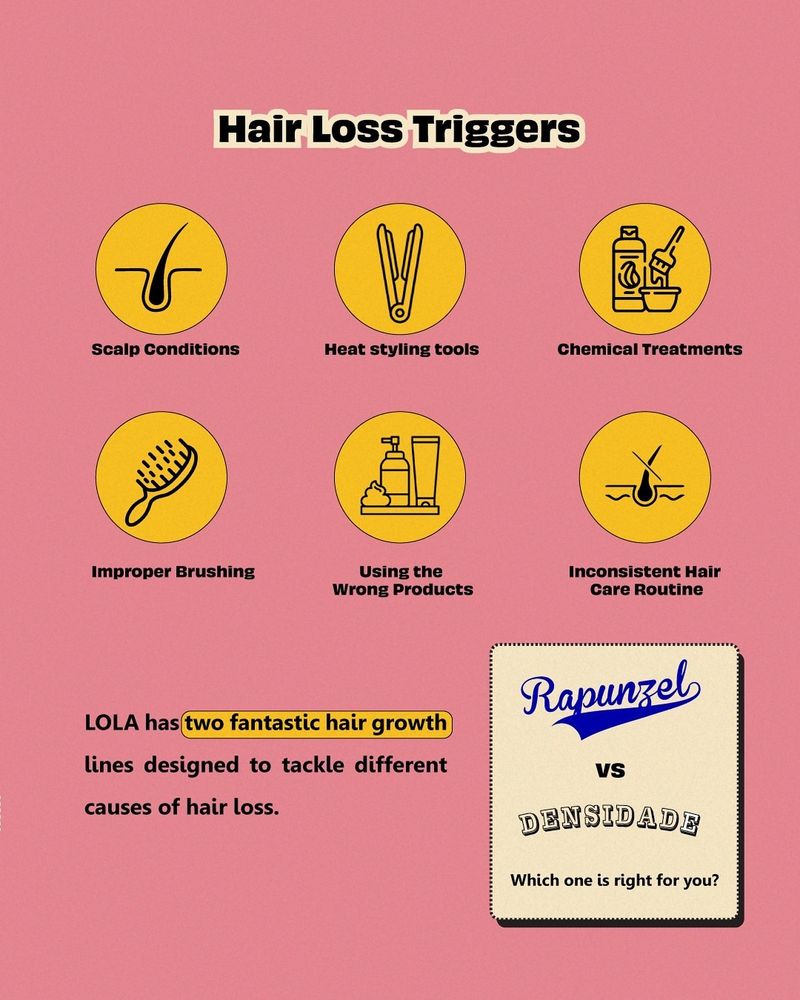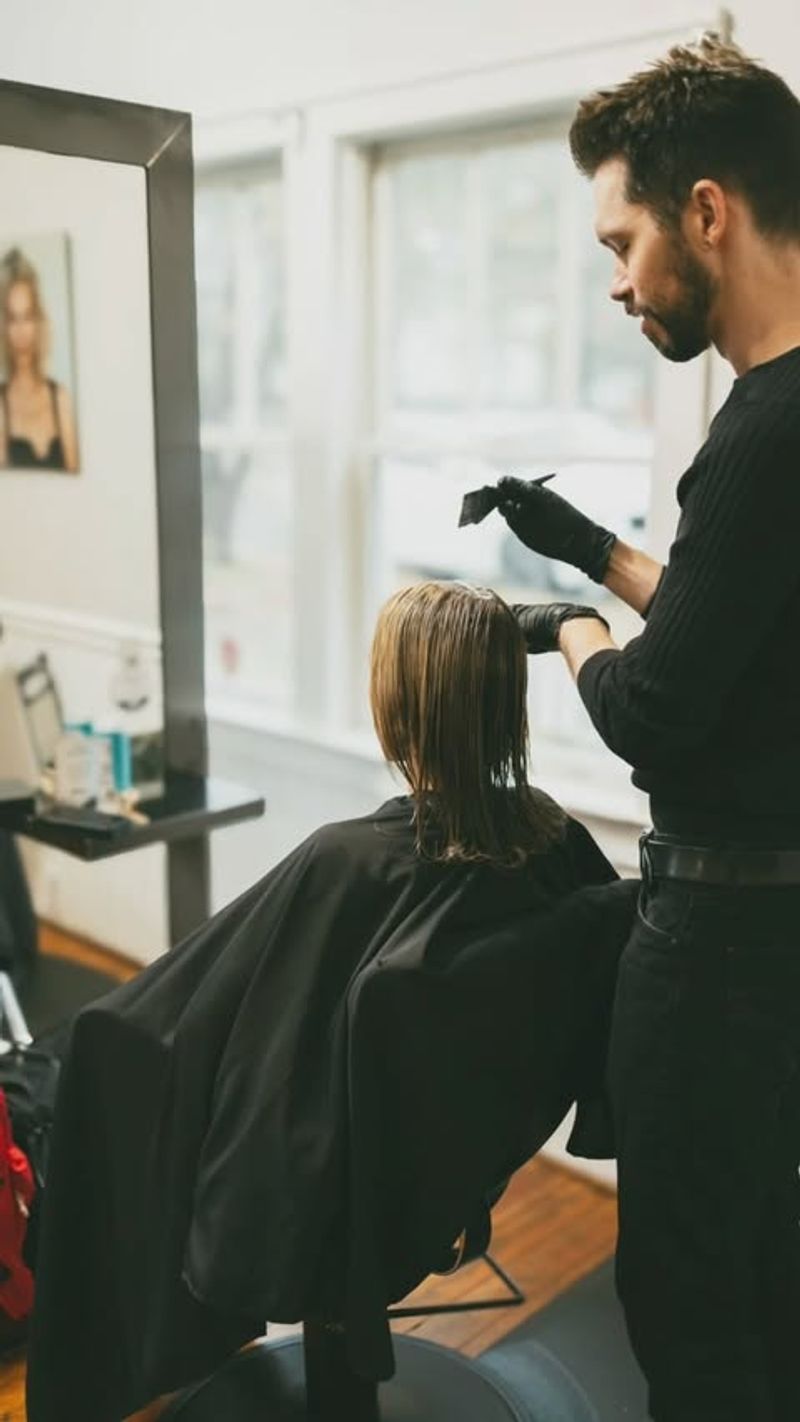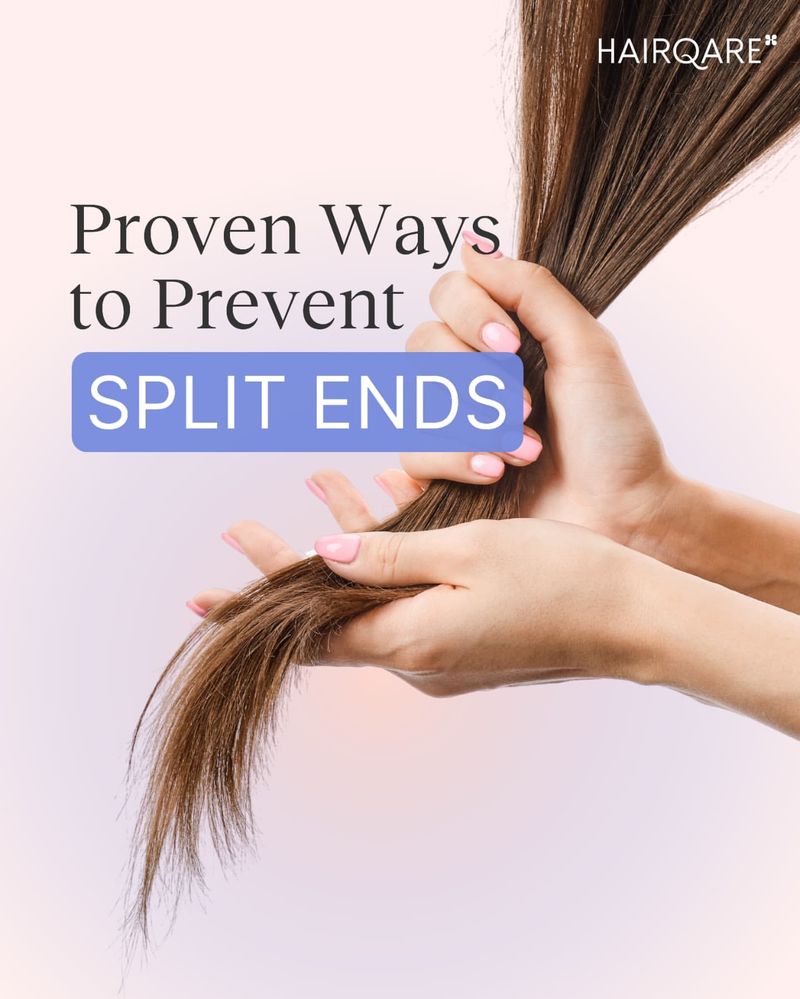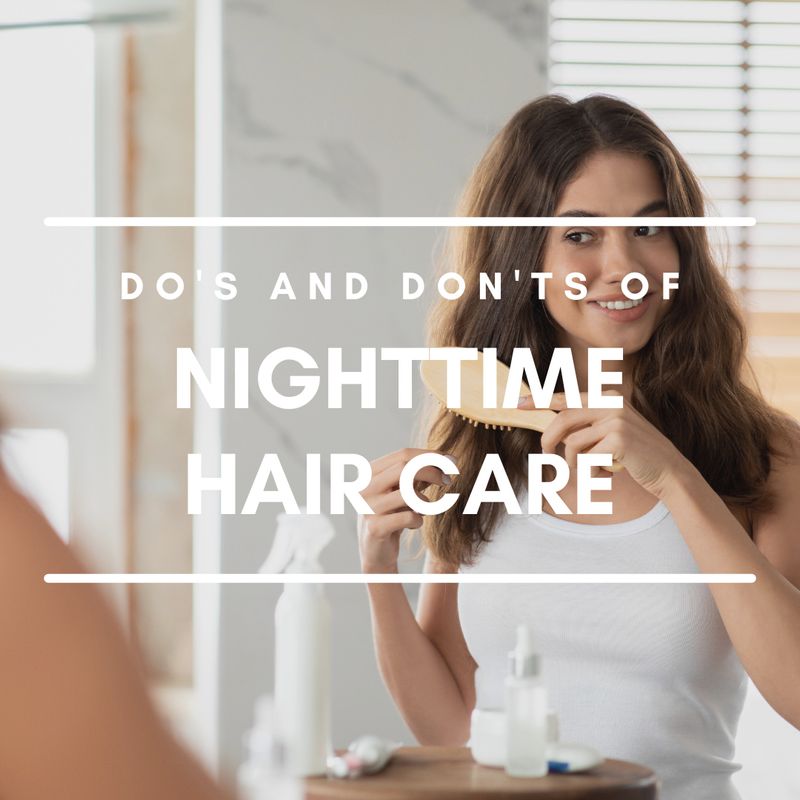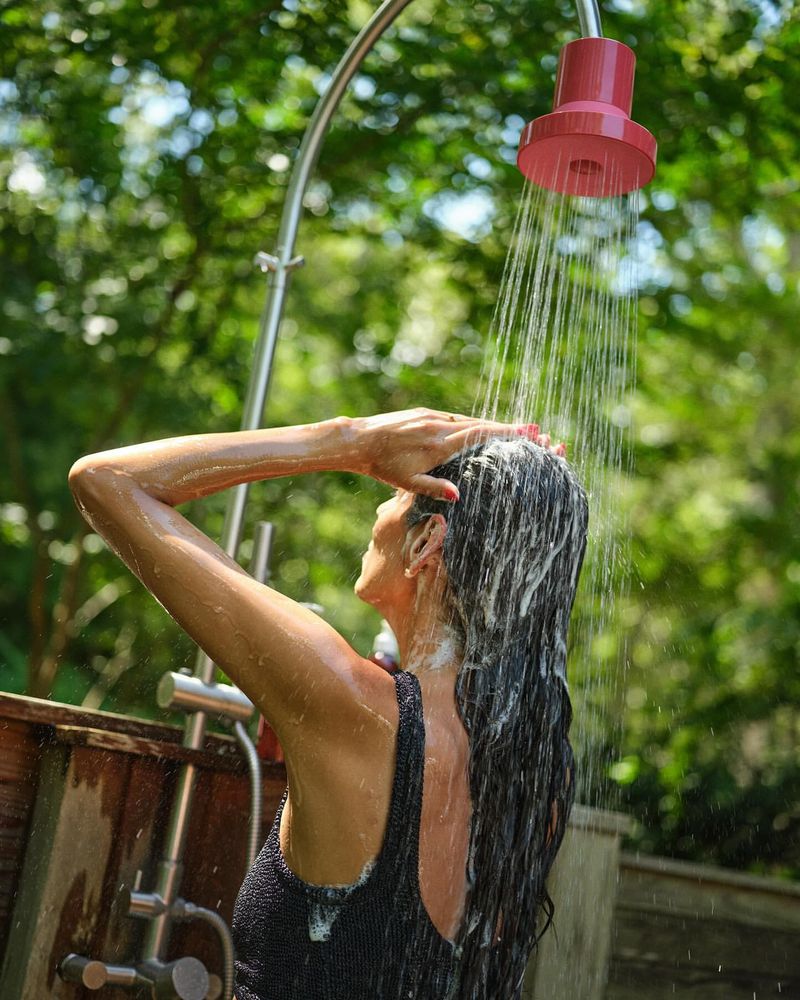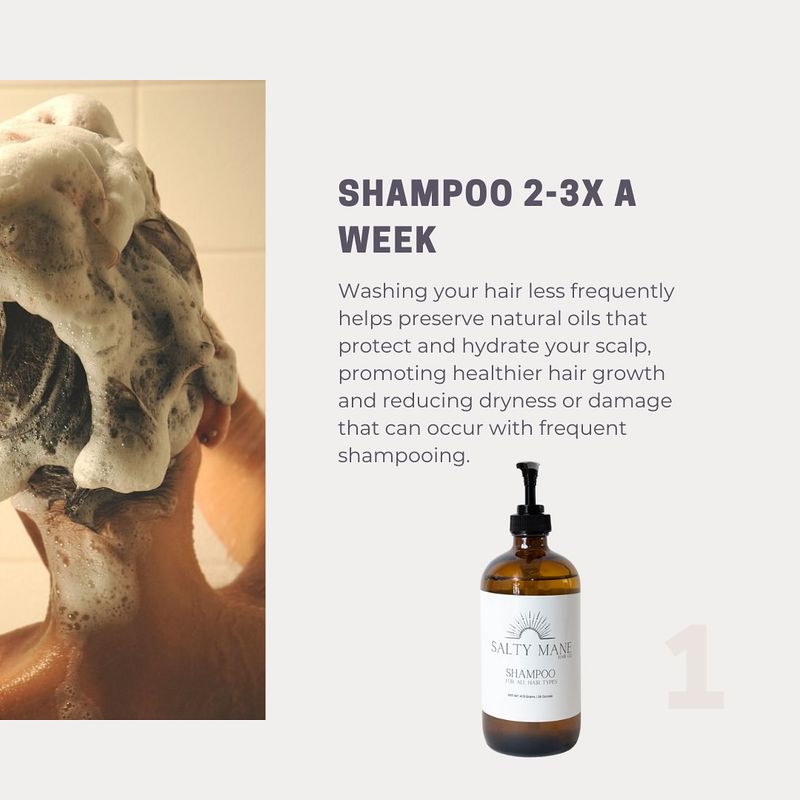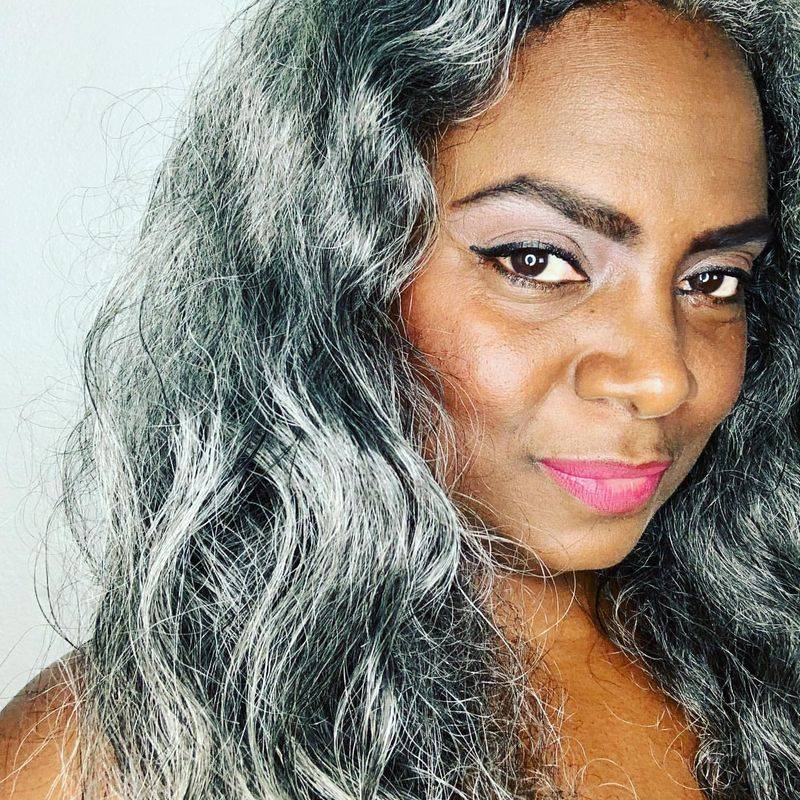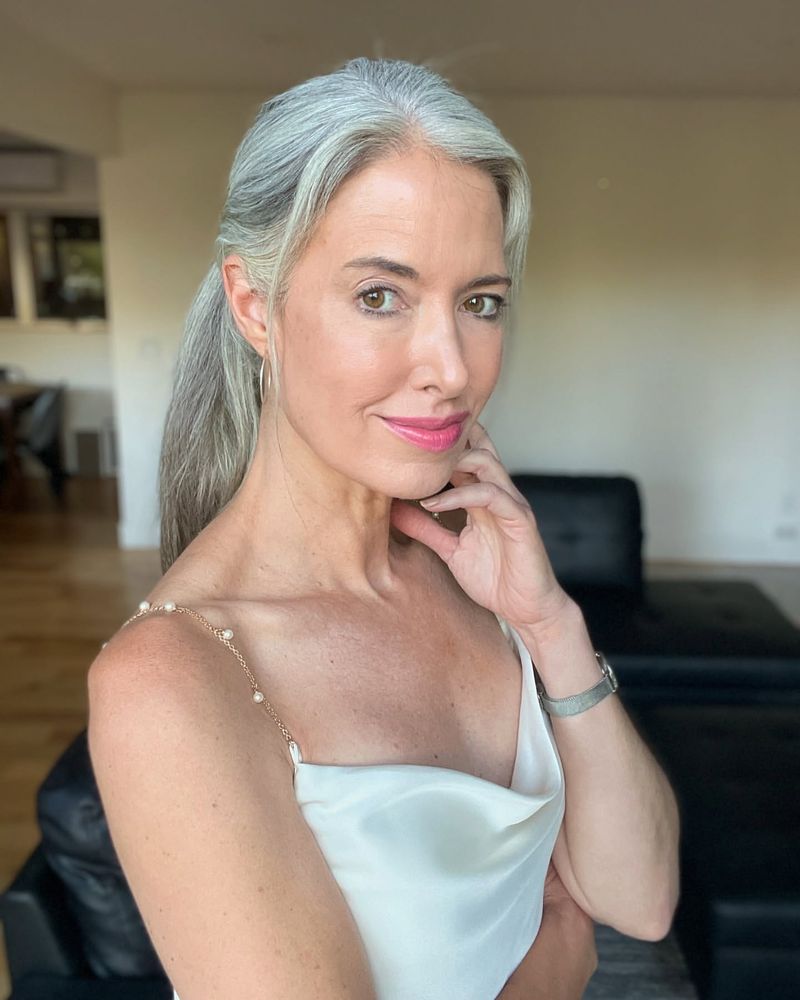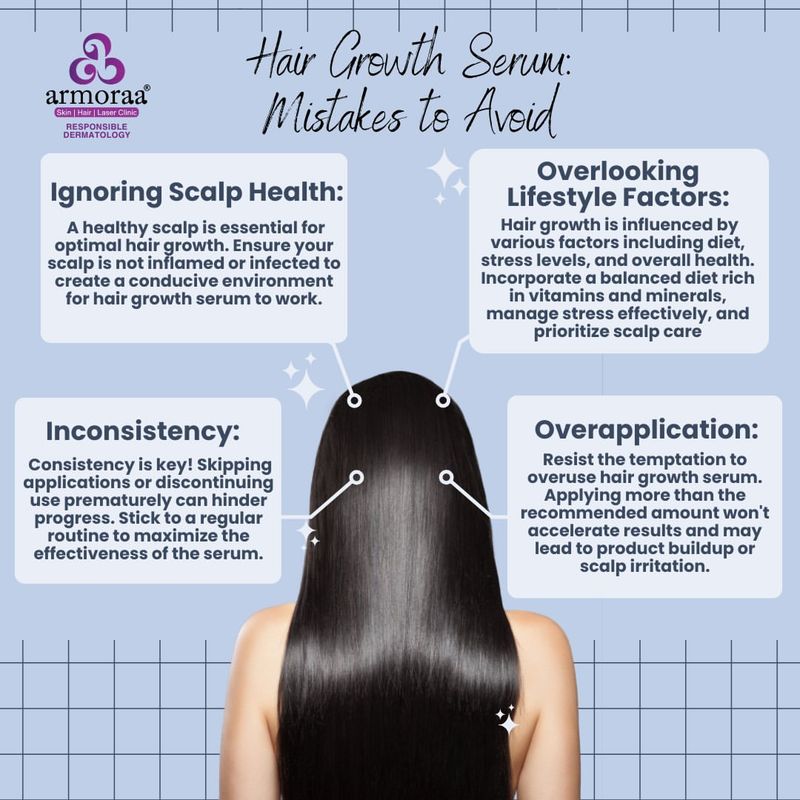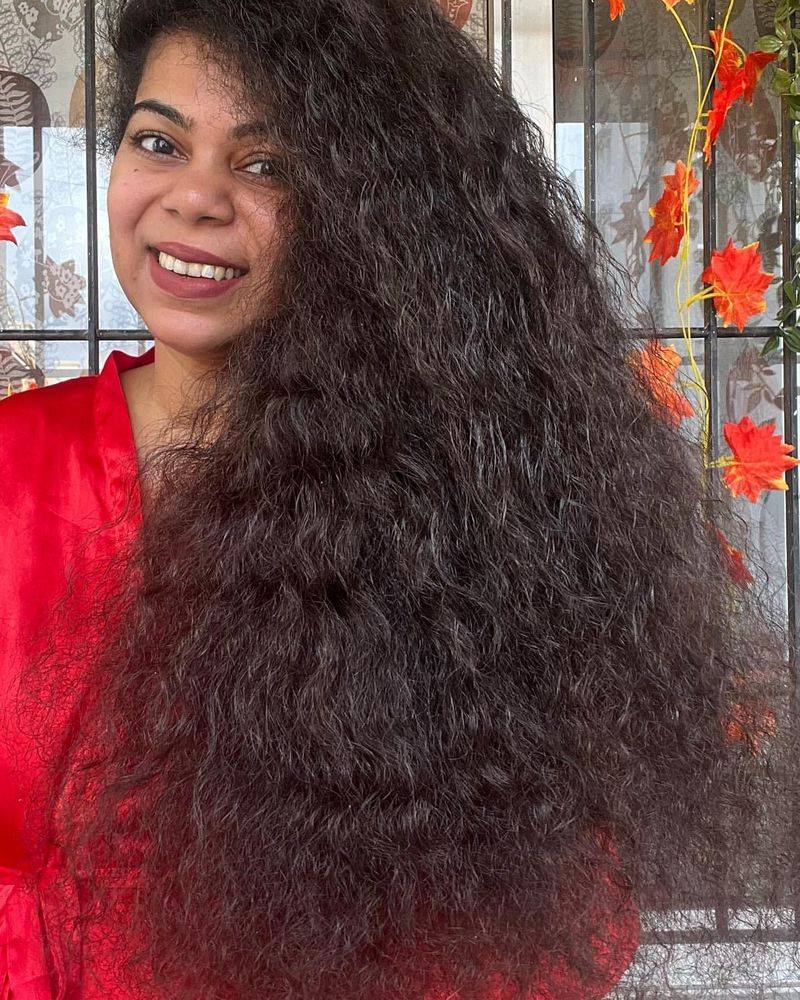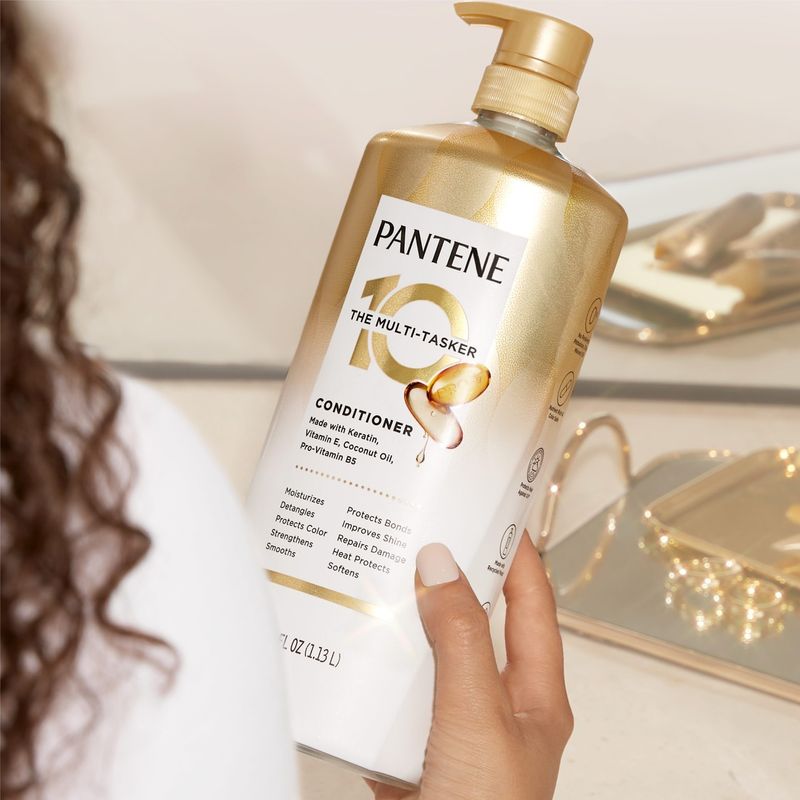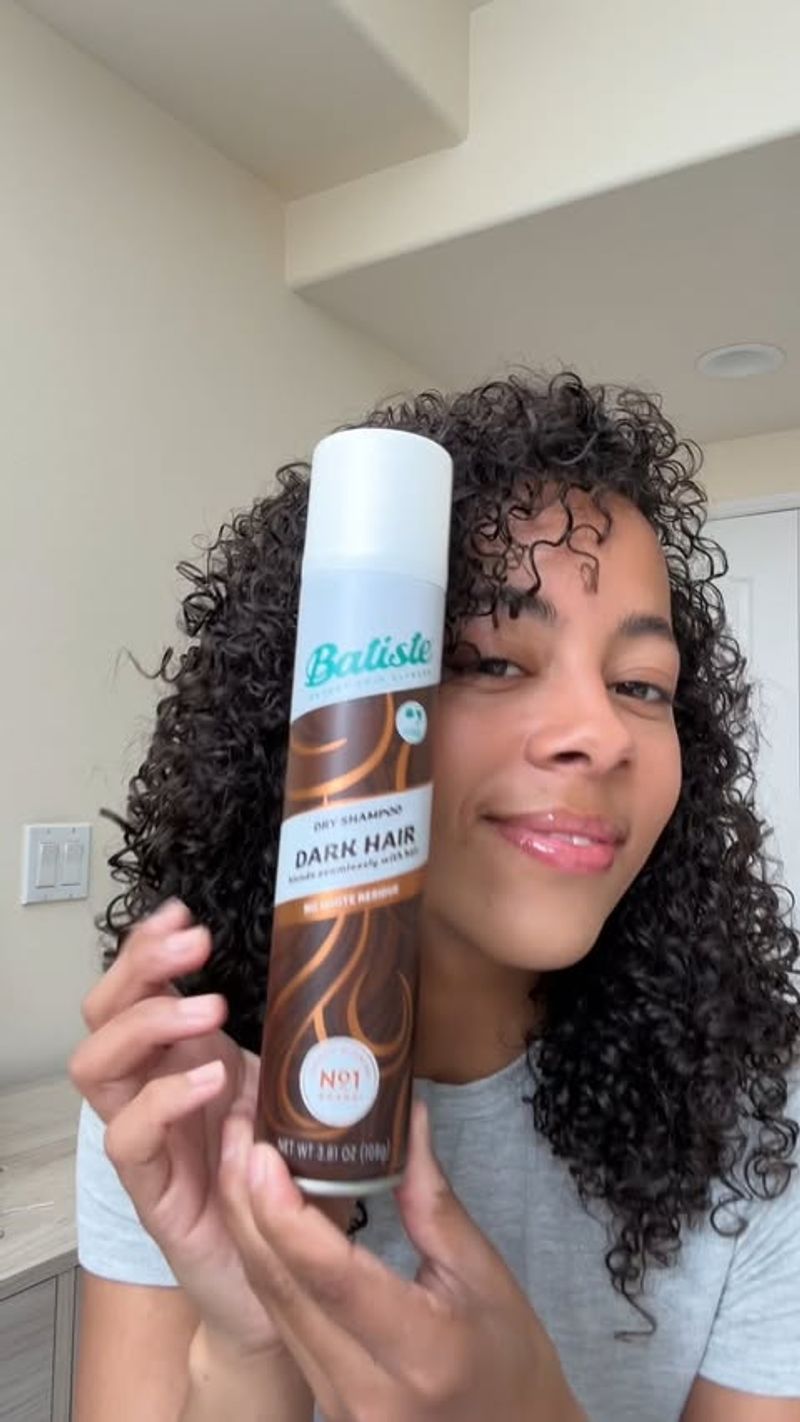As we age, our hair undergoes significant changes, and for many women, hair loss can become a pressing concern. Amidst the sea of information available, it’s easy to fall prey to misconceptions and myths that can exacerbate the issue. Let’s debunk these myths together and pave the way for a more confident, vibrant you!
1. Overusing Heat Styling Tools
Excessive use of heat styling tools like straighteners, curlers, and blow dryers can cause hair damage leading to breakage and loss. Using heat-protectant sprays can minimize the risk and maintaining a lower temperature setting is advisable.
2. Skipping Regular Trims
Neglecting regular trims can lead to split ends and weak hair. Regular trims help maintain hair’s health by removing damaged ends and promoting stronger growth.
3. Using Harsh Hair Products
Products containing sulfates, parabens, and alcohol can strip hair of natural oils, leading to dryness and breakage. Opting for natural or gentle formulas helps preserve hair’s moisture and integrity.
4. Ignoring Scalp Health
A healthy scalp is vital for strong hair growth. Neglecting scalp care can lead to issues like dandruff or blocked follicles. Regular cleansing and gentle exfoliation help maintain scalp health.
5. Tight Hairstyles
Wearing tight hairstyles like ponytails, buns, or braids can strain the hair follicles, causing tension and breakage. Loose styles or gentle accessories can alleviate stress on the hair.
6. Not Protecting Hair from Sun
Sun exposure can lead to hair dryness and color fading. Wearing hats or using UV-protectant sprays shields hair from harmful rays.
7. Over-washing Hair
Washing hair too often can strip essential oils, leading to dryness and breakage. Finding a balance based on your hair type is key; some may need daily washes, others just a few times a week.
8. Inadequate Nutritional Intake
Nutrition plays a vital role in hair health. Lack of essential vitamins like B12, D, and iron can result in weak, thinning hair. Incorporating a balanced diet rich in fresh fruits, vegetables, and lean proteins supports healthy hair growth.
9. Excessive Chemical Treatments
Frequent chemical treatments like coloring, perming, or relaxing hair can damage the hair shaft and weaken it over time. Limiting these treatments and allowing hair to recover between processes promotes healthier hair.
10. Ignoring Hydration Needs
Proper hydration is essential for overall health, including hair. Dehydration can lead to dry, brittle hair prone to breakage. Ensuring adequate water intake daily supports hair’s natural moisture balance and strength.
11. Brushing Wet Hair Aggressively
Wet hair is more fragile and prone to breakage. Using a wide-tooth comb and brushing gently can minimize damage.
12. Underestimating Stress Impact
Chronic stress can contribute to hair loss by affecting hormonal balance. Engaging in stress-reducing activities like yoga, meditation, or hobby involvement can promote well-being and hair health.
13. Neglecting Sleep Quality
Poor sleep quality can affect hair health by disrupting hormonal levels. Establishing a regular sleep routine and creating a restful environment supports overall well-being.
14. Heavy Use of Hair Extensions
While hair extensions can offer temporary volume or length, prolonged use can strain natural hair and lead to breakage. Choosing quality extensions and ensuring proper application reduces stress on the hair.
15. Overlooking Medical Conditions
Underlying health issues like thyroid disorders or hormonal imbalances can contribute to hair loss. Regular check-ups and open communication with healthcare providers ensure early detection and management.
16. Inappropriate Haircare Tools
Using low-quality tools like brushes with broken bristles can cause hair damage. Investing in high-quality tools designed for your hair type minimizes breakage.
17. Avoiding Professional Hair Advice
Professional stylists can offer insights into hair care tailored to individual needs. Avoiding professional advice can lead to unsuitable routines or products.
18. Ignoring Weather Effects
Weather conditions like wind, humidity, or extreme temperatures can affect hair’s health and appearance. Protecting hair with scarves or using weather-appropriate products can minimize damage.
19. Not Addressing Hair Thinning Early
Early intervention is crucial when noticing hair thinning. Ignoring it can lead to more significant loss over time. Recognizing changes and taking proactive steps helps maintain hair density and health.
20. Overlooking Split Ends
Ignoring split ends allows them to travel up the hair shaft, causing more extensive damage. Regular trims eliminate split ends, maintaining hair’s smooth texture and strength.
21. Dismissing Nighttime Hair Care
Nighttime routines like tying hair in a loose braid or using silk pillowcases can prevent breakage. Sleep-related damage can contribute to hair loss, so adopting protective measures is beneficial.
22. Using Unfiltered Shower Water
Hard or unfiltered water can contain minerals that damage hair. Installing a shower filter can reduce exposure to harsh minerals, preserving hair’s health.
23. Frequent Shampoo Changes
Constantly switching shampoos can disrupt your hair’s balance. Sticking to products that suit your hair type and needs ensures consistent care.
24. Disregarding Grey Hair Care
Grey hair has unique needs and often requires specialized care. Ignoring these needs can lead to dryness or dullness.
25. Not Adjusting to Aging Hair Changes
Aging hair may change in texture, color, or density. Recognizing and adapting to these changes with suitable products and routines is vital.
26. Ignoring Hydration in Hair Products
Choosing products that lack moisturizing properties can lead to dry and brittle hair. Opting for hydrating shampoos, conditioners, and treatments supports hair’s natural moisture balance.
27. Avoiding Natural Hair Textures
Constantly altering natural hair texture with heat or chemicals can weaken hair. Embracing natural textures reduces the need for damaging practices and enhances hair’s resilience.
28. Failing to Use Conditioner Properly
Improper use of conditioner can lead to uneven moisture distribution and weakened hair. Ensuring that conditioner is applied evenly and left to absorb enhances its effectiveness.
29. Over-reliance on Dry Shampoo
Dry shampoo provides a temporary solution but shouldn’t replace regular washing. Over-reliance can lead to scalp buildup and clogged follicles, affecting hair growth.
30. Neglecting Vitamin Supplements
As women age, vitamin deficiencies can become more pronounced, impacting hair health. Essential vitamins like B12, D, and iron play a significant role in maintaining strong and healthy hair.
31. Sleeping on Cotton Pillowcases
Cotton pillowcases, though comfortable, can cause friction against the hair, leading to breakage over time. Switching to silk or satin pillowcases can significantly reduce this friction, allowing hair to glide smoothly, reducing the chances of breakage.

